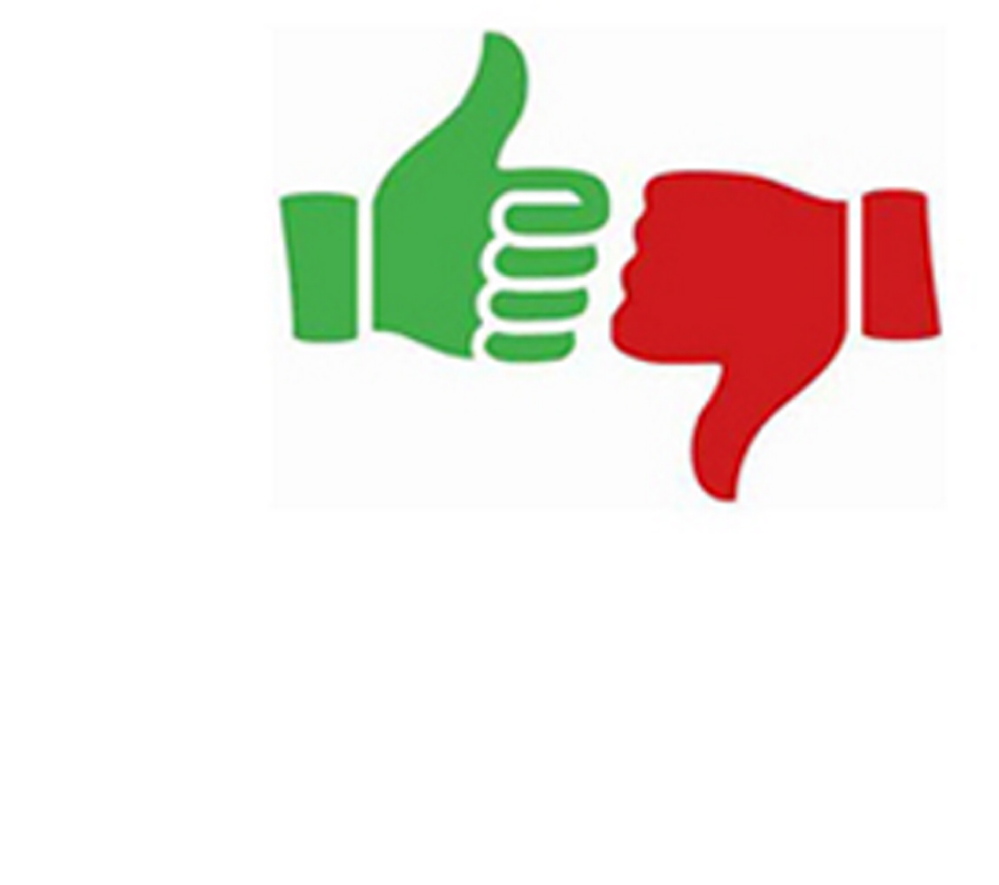THUMBS UP to the U.S. Navy, which earlier this month announced that it is tripling the amount of paid maternity leave available to its enlisted women and officers to 18 weeks, making the Navy and Marine Corps the first branches of the U.S. military to provide more than six weeks.
The new policy should allow the two branches to attract and retain talented women, and allow more women to serve their country.
Maternity leave is an area where the U.S. is woefully behind. We are the only developed country without a statutory right for paid leave for mothers of newborn babies, putting us on par with Lesotho, Papua New Guinea and Swaziland, the only other countries in the entire world that don’t require by law some sort of support for new mothers.
The lack of a leave policy is detrimental to the health and well-being of new mothers and newborn babies, and it hits low-income families particularly hard.
Also, paid leave has been shown to lower long-term costs to public assistance, and to lower costs in training and retention to employers, largely because it allows mothers to stay on the job.
The change in policy in the Navy should help that spread to other branches of the military, and perhaps to the federal government as a whole.
The discussion also should include paid paternity leave, which is virtually non-existent in the United States.
In the Navy now, for instance, while women get 12 weeks paid leave, to be taken at any time in the baby’s first year, new fathers are limited to 10 days that must be taken consecutively.
Newborn babies should be home with their parents whenever possible. The rest of the world has figured this out. It’s time we do, too.
THUMBS DOWN to the ongoing problem with drugs in Maine prison and jails, a microcosm of the shortcoming of the wider “War on Drugs,” and an indicator that that war will never be successful.
Late last year, 20 inmates at Cumberland County Jail tested positive for cocaine, which was smuggled in by a prisoner.
This year, two separate operations smuggling Suboxone into the Maine State Prison were busted, leading to a total of 13 arrests.
Earlier this month, two inmates overdosed on heroin at the York County Jail, where last September seven current and former guards were indicted on criminal charges related to smuggling contraband, including drugs, cigarettes and a cellphone.
Just as on the outside, law enforcement officials are caught in a game of cat and mouse with jailhouse smugglers.
When Suboxone, which is available in small, thin strips, was coming in hidden in mail, jailers began giving inmates only photocopied versions.
When visitors were sneaking drugs to inmates during visits, direct contact between the two was banned.
Cumberland County is going so far as to take new inmates from the jail to the state prison in Windham to go through an X-ray machine. Other jails are using dogs to sniff out drugs hidden in body cavities.
Now, officials say, they believe people might be getting arrested purposely so they can sell drugs in jail for a higher profit.
If we can’t win the War on Drugs inside a secure, monitored facility like a jail or prison, how can we expect to win it in our cities and towns?
Copy the Story LinkSend questions/comments to the editors.



Success. Please wait for the page to reload. If the page does not reload within 5 seconds, please refresh the page.
Enter your email and password to access comments.
Hi, to comment on stories you must . This profile is in addition to your subscription and website login.
Already have a commenting profile? .
Invalid username/password.
Please check your email to confirm and complete your registration.
Only subscribers are eligible to post comments. Please subscribe or login first for digital access. Here’s why.
Use the form below to reset your password. When you've submitted your account email, we will send an email with a reset code.